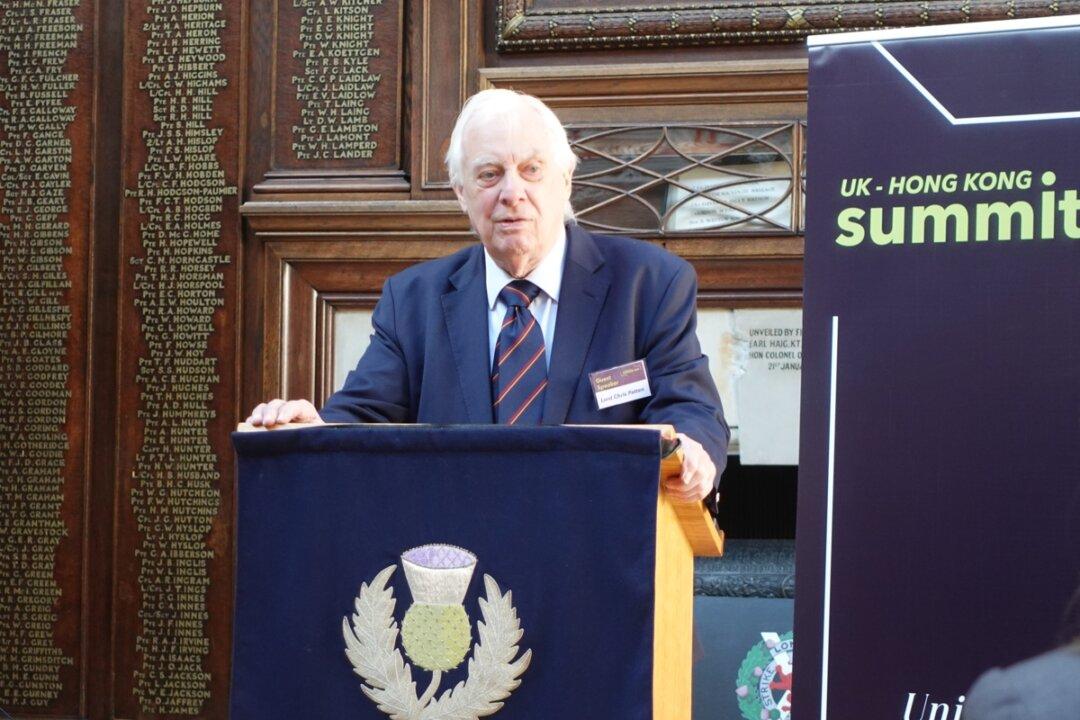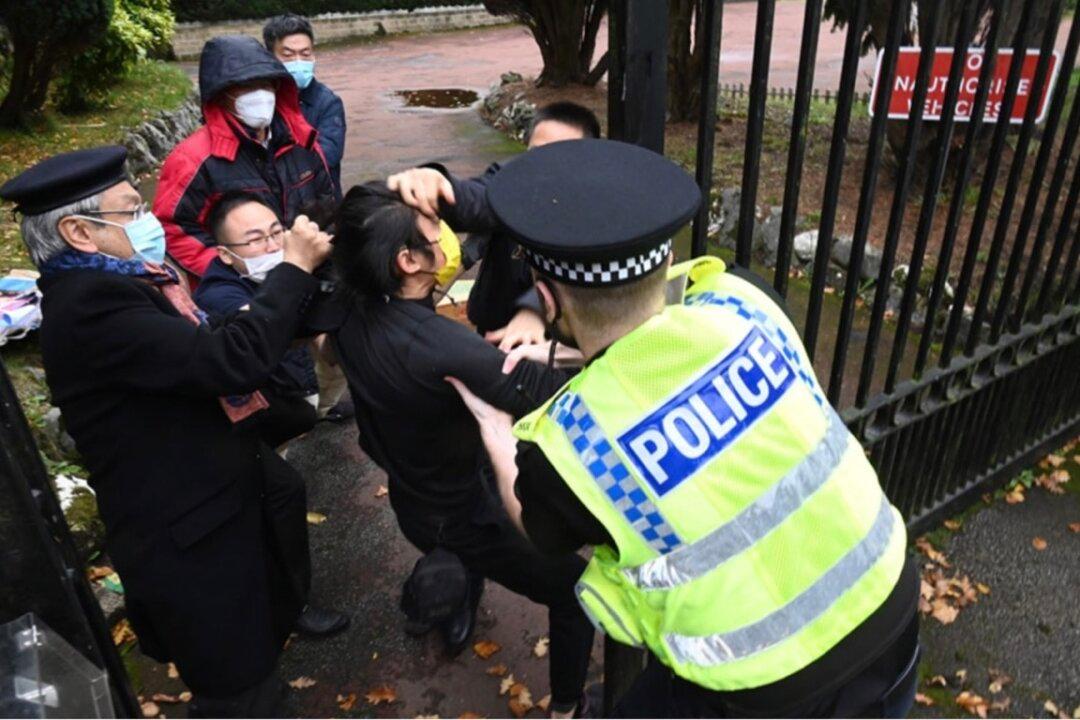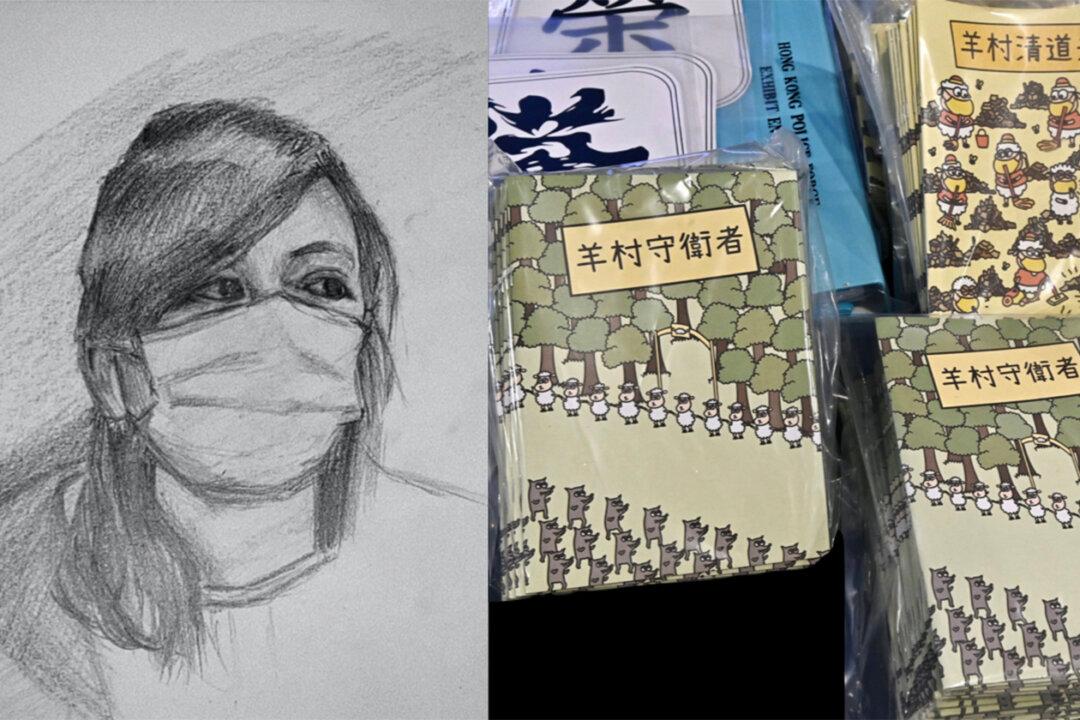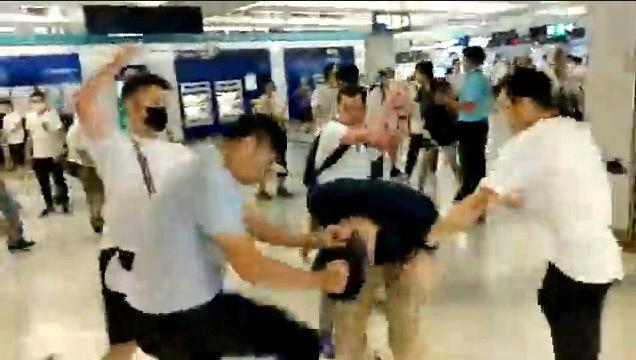Over 150 Hongkongers from sixty organizations attended the UK-Hong Kong Summit 2023, from March 25 to March 27, to discuss the future of Hongkongers in the United Kingdom.
The summit invited British parliamentarians, politicians, Tibetans, and Ukrainian representatives to exchange ideas on British politics, international initiatives, press freedom, and any concerns Hongkongers in England might have, such as the Chinese Communist Party’s (CCP) increasing threats to Hongkongers.
Participants in the meeting agreed on what actions would be necessary for the future. The groups discussed increasing Hongkongers’ political participation and reinforcing initiatives directly related to the United Kingdom.
Finn Lau, the summit’s steering committee chairperson, said it was necessary to accelerate the dismantling of the CCP’s legitimacy. “Unite, Strategize, Empower” was the theme of the 2023 summit.
The UK-HK Summit 2023 organizer committee revealed that the 62 summit attendees included Hong Kong organizations, independent advocates, students, and political asylum applicants.
They came from 28 cities in the United Kingdom, including London, Manchester, Wales, Scotland, and Northern Ireland.
The 3-day summit is Britain’s and Hongkongers’ first largest civil society conference in the UK. It is most pressing to demolish the CCP’s legitimacy.
Hong Kong activist and summit chairman, Finn Lau, told The Epoch Times that the 3-day meeting displayed Hongkongers’ unity and potential.
When asked about the challenges that might arise in the future, Lau conveyed his utmost concern about Hongkongers becoming increasingly hazy with what has happened since the 2019 Hong Kong Protests and their civil roles.
He emphasized there should be a balance between integrating into local British society and retaining their identity. Otherwise, Lau feared Hong Kong’s identity might eventually die out.
“Most attendees agree to promote Hongkongers’ political participation in the United Kingdom, such as registering as voters, organizing voter briefings.”
There would be further discussion of implementing the plans with fellow groups.
At the summit’s closing, Lau mentioned time was limited for Hongkongers. “It would be necessary to speed up the dismantling of the legitimacy of the Chinese Communist Party.”
Lau said that overseas Hongkongers vowed to “seek justice for Hong Kong. “Tibetans shared their experience of becoming exiled for more than 60 years. I hope everyone can learn from their persistent spirit and realize that many people are still persevering in liberating their home.”
Lau worried that Hongkongers might soon forget the mission of “liberating Hong Kong.” He believed that there should be a consensus to redefine its definition.
To Lau, liberating Hong Kong symbolized the ability to live and work in the land of Hong Kong safely and freely, inheriting the unique language, culture, and identity as a Hongkonger in a society of justice.
Lau also reminded everyone that “Standing With Hong Kong” means supporting others too—standing with the British, Ukrainian, and Tibetans and encouraging them to strive with other ethnic minority communities.
He brought up the fears overseas Hongkongers had when engaging in civil activities.
“The Hong Kong National Security Law has the public fearful of going out. As everyone’s “fear” is different. All I can do is lead by example and move forward as much as possible as a front person.”
Like many groups established in less than two years, the summit organizer also faced shortages of resources and staffing. Another issue the groups also experienced was initiatives.
After many discussions, over 90 percent of the event participants agreed to several measures, including moving forward with the first national British Hong Kong Citizens’ Organization Conference plan.
Meanwhile, holding regional, cross-organization meetings would strengthen communication and cooperation among the groups.
In addition, they would build a platform to allocate information and resources to alleviate overlapping supplies and understaffing.
The other influential agenda was to increase the political participation of Hongkongers in the United Kingdom: registering as voters and growing support for other related international and advocacy subjects.
The summit also addressed measures to bolster initiatives related to the United Kingdom, such as closing all Confucius Institutes and separating the sister relationship of British cities from the CCP.
Many attendees gave speeches and presented informational lectures and seminars at the 3-day summit, including the last Governor of Hong Kong, Lord Chris Patten, Rahima Mahmut, a British representative of the World Uyghur Congress, Sonam Tsering Frasi, a British representative of Tibet’s Central Administration.
Other speakers also debated topics on British politics, international initiatives, and press freedom.
Other speakers such as Benedict Rogers, co-founder of Hong Kong Watch, Former RTHK Program Host Steve Vines, Director of Reporters Without Borders UK Fiona O'Brien, and former Ukrainian Congress member Aliona Hlivco were also in attendance.
The summit’s representatives also visited the British Parliament. They met with several parliament members, including Secretary of State for Asia-Pacific Affairs at the Shadow Cabinet of the Labour Party, Catherine West, and Conservative Party member Tim Loughton.
The groups raised several issues in the meetup: The Chinese Communist Party’s illegal overseas police stations infiltrating the United Kingdom, Hong Kong children born under BNO holders having to renew their passports, political prosecutions in Hong Kong, the 47 Democrats Case, and Jimmy Lai Chee-ying’s trial.
Children born to Hongkongers with BNO visas cannot directly obtain British citizenship. They can only apply for a Hong Kong passport via Hong Kong/China, which brought severe safety concerns to those needing passport renewal.
In British MP Stephen Hammon’s opening speech, he stated, “Hong Kong should be an alarming warning to people who care about freedom, democracy, and human rights worldwide.”



